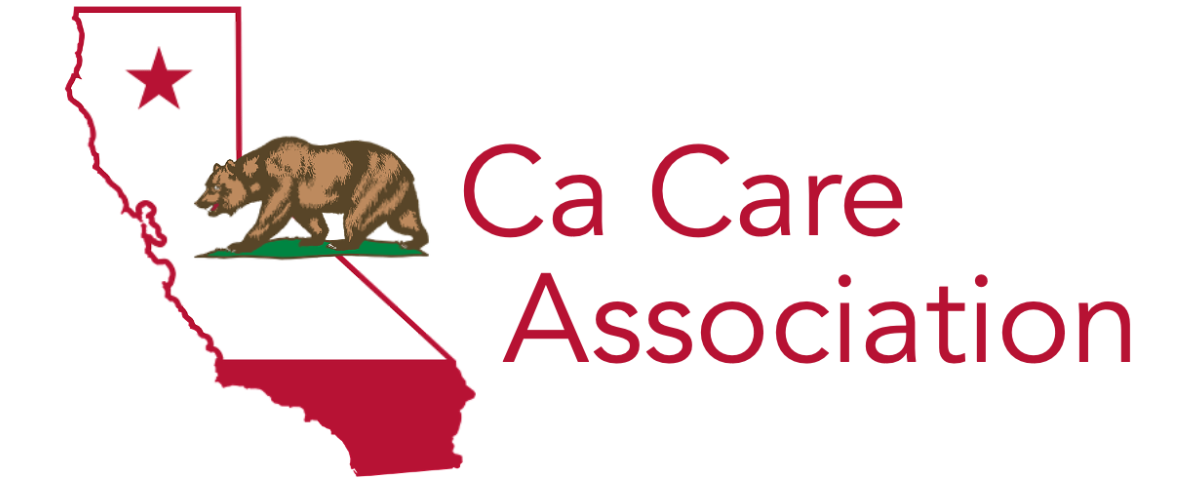Preventive Health Screenings for Seniors: What You Need to Know
According to research from the National Library of Medicine, health preventive variables influence people's desire to participate in health screenings. Preventive health screenings are crucial to maintaining our well-being and quality of life as we age. They are not just about early diagnosis but about providing seniors with the knowledge they need to make informed healthcare decisions. This blog is a valuable resource on senior-specific preventive screenings, offering guidance on tests to consider, their importance, and strategies for proactive health management.
Understanding Preventive Health Screenings
Proactive testing, known as preventive health screenings, identifies health problems before symptoms appear. For seniors, they are essential since they can detect diseases like diabetes, cancer, heart disease, and osteoporosis early. Regular screenings are crucial for the health of senior citizens since early detection enhances treatment outcomes and quality of life.
Essential Preventive Health Screenings for Seniors
Seniors should have important preventive health exams for conditions like diabetes, cancer, cardiovascular disease, and bone health.
Cardiovascular Health:
Blood pressure screenings: Frequent monitoring lowers the risk of heart disease and stroke by identifying hypertension early.
Cholesterol level checks: Monitoring cholesterol levels lowers the risk of heart disease and aids in managing cardiovascular health.
Cancer Screenings:
Colonoscopy: Suggested for early detection of colorectal cancer, particularly in people 45 years of age and above.
Mammography: Women between the ages of 40 and 74 must diagnose breast cancer early on when therapy is most successful.
Prostate cancer screenings: Men between the ages of 55 and 69 should talk to their healthcare physician about the advantages and disadvantages of prostate-specific antigen (PSA) testing.
Bone Health:
Bone density scans (DEXA): It is advised that osteoporosis be detected and fracture risk evaluated for women 65 years of age and above, or sooner for those who are at higher risk.
Vitamin D levels testing: vital for evaluating general and bone health, particularly in older people who may be deficient.
Diabetes and Blood Sugar:
Blood glucose tests: Frequent testing aids in the management of diabetes or the early detection of prediabetes, enabling prompt action.
HbA1c tests: give blood sugar readings over an extended period, essential for controlling diabetes and avoiding complications.
Preparing for Health Screenings
Seniors must prepare for health tests to guarantee accurate findings and a comfortable visit. Seniors who want to get ready for their health checks both physically and mentally can use these essential tips:
Follow Pre-Screening Instructions: Follow your healthcare provider's advice regarding medication and fasting. The result guarantees accurate test findings.
Bring Relevant Medical Information: To assist your healthcare practitioner in making decisions, list your current drugs, any known allergies, and the results of any previous tests.
Stay Hydrated: Drinking lots of water before the test can simplify getting samples and guarantee accurate findings for some screenings, such as blood tests.
Discuss Any Concerns: Before the test, take advantage of the opportunity to talk to your healthcare professional about any worries or symptoms you may be experiencing. Discussing can help customize the screening to your unique medical requirements.
Challenges and Benefits of Health Screenings
Health screenings have challenges and benefits. Here is a breakdown:
Challenges:
Fear and Anxiety: Many seniors may feel nervous or afraid before having screenings because they are afraid of getting bad news or feeling uncomfortable during the operation. Addressing these issues with patient education and caring communication is essential.
Cost and Access: For seniors, access to screenings and affordability may be obstacles, mainly if they live in remote places or need more insurance coverage. These difficulties can be lessened by examining Medicare coverage and community health resources and discussing financial issues with healthcare providers.
Health Literacy: It can be challenging for seniors with poorer health literacy levels to understand the goals and methods of various screenings. Decision-making and comprehension can be enhanced by including family members or caregivers in the conversation and by providing clear, understandable facts in simple language.
Benefits:
Early Detection and Treatment: Frequent screenings can improve elder outcomes and quality of life by identifying health concerns in the early stages when treatment is frequently more effective.
Preventive Care and Management: Through screenings, medical professionals may keep an eye on the health of elders throughout time, which opens up possibilities for chronic condition management and preventative treatment, including diabetes, hypertension, and osteoporosis.
Peace of Mind: Many seniors find peace of mind and assurance about their general health status when routinely evaluated for prevalent health concerns.
Conclusion
In conclusion, routine preventive health screenings are essential for seniors to preserve their well-being and identify health risks early. These tests make proactive health management possible, improving treatment outcomes and overall quality of life. Making these examinations a priority is essential to leading a healthier and more active life later.
Share this blog with your family and friends so they can learn what to know about preventive health screening for seniors.
If you want to read more helpful blogs like this, check out our News and Resources section and become a better and brighter person.


